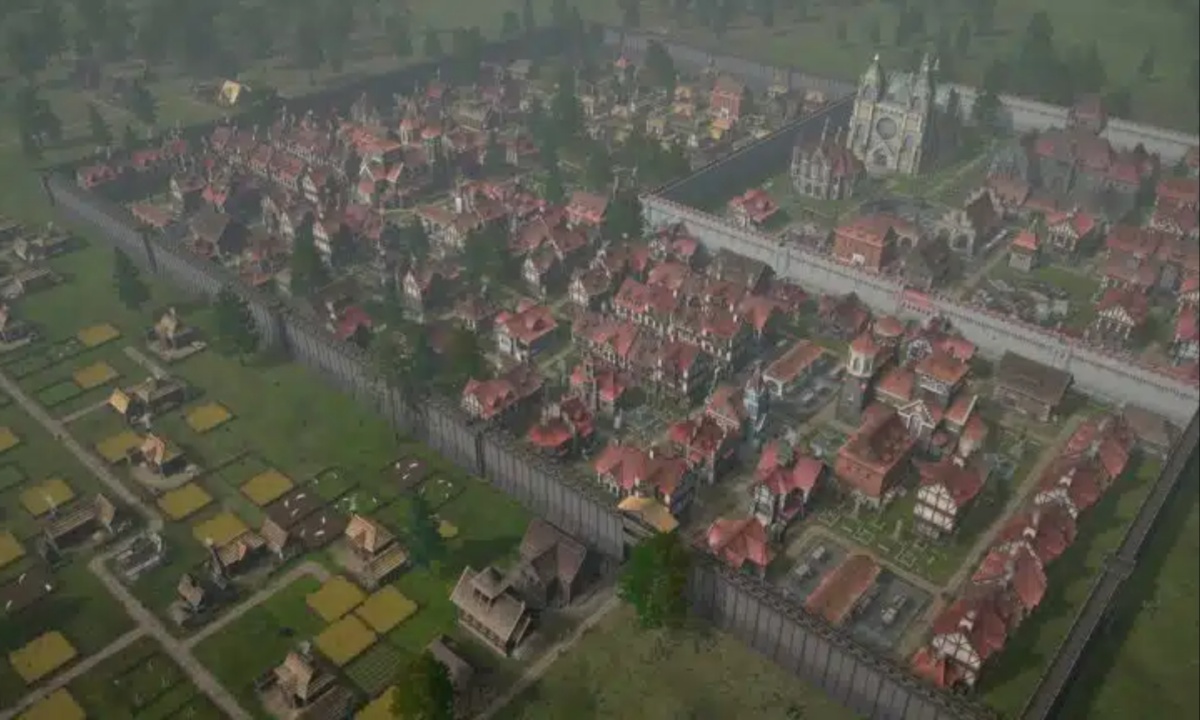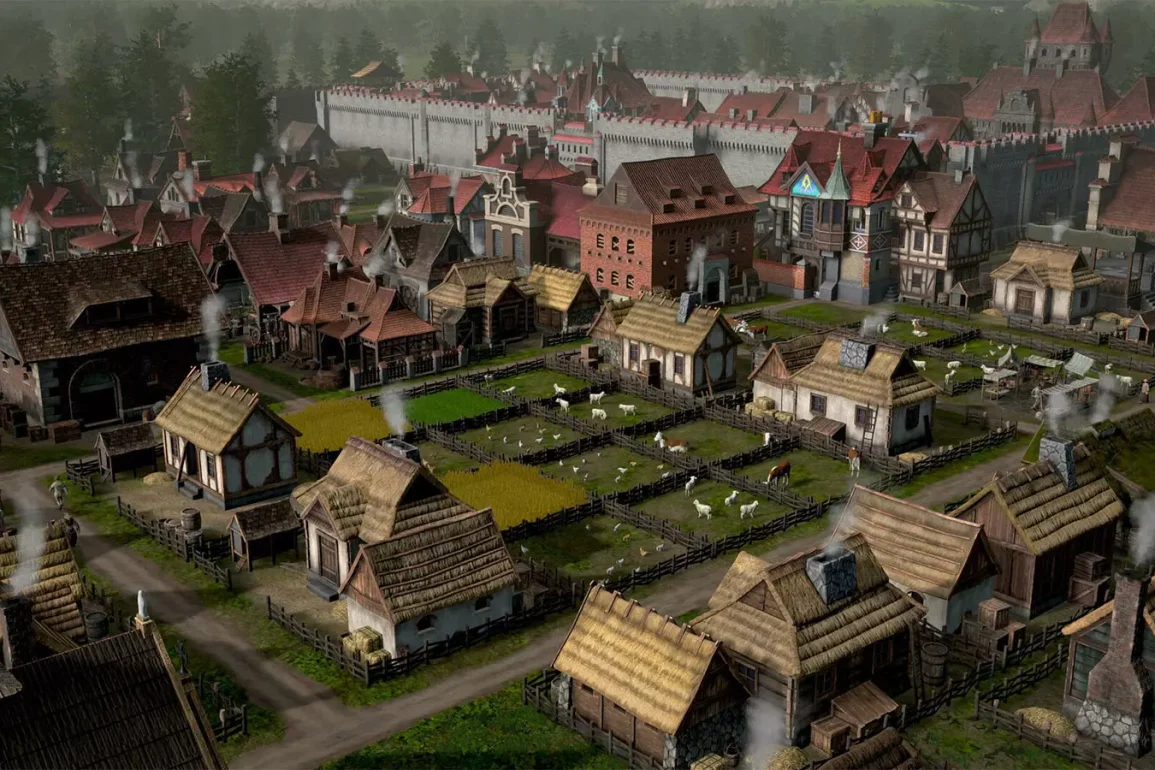The world of city-building games is competitive, with established titles like Banished and upcoming releases such as Manor Lords. Despite this, Feudal Baron attempts to carve its own niche by offering a unique take on the genre. Unlike traditional city builders that focus on sandbox gameplay, Feudal Baron places players in the role of a Baron who has been exiled and must rebuild from nothing.
The game challenges players to manage resources, build settlements, and navigate political alliances while still paying taxes to the King. This combination of survival, strategy, and politics gives the game its distinct identity.
A Structured Campaign with Political Intrigue and Strategic Warfare for Players
Unlike many city builders that emphasize open-ended, sandbox-style gameplay, Feudal Baron leans heavily into a structured campaign. Players are tasked with reclaiming their birthright while progressing through a series of unique scenarios.
The campaign doubles as a tutorial, gradually introducing mechanics in a guided way. While sandbox mode is available, the game’s main focus is on the campaign experience, making it stand out from its competitors. The narrative-driven approach adds depth, ensuring that players have clear goals beyond just expanding their settlements.

One of Feudal Baron’s most significant elements is its political and military aspects. Managing relationships with neighboring factions is crucial for success, but diplomacy alone won’t always be enough. Players must also prepare for conflict, whether it be dealing with rebellious factions, defending against bandit raids, or launching attacks on rivals.
Warfare is an unavoidable aspect of the game, making strategic planning essential. This integration of politics and combat adds an extra layer of challenge, ensuring that the game remains engaging beyond simple resource management.
Fresh Ideas with Flaws as Slow Pacing and Restrictive Mechanics Hold It Back
While the game introduces fresh ideas, it is not without its flaws. One major criticism is the “range” system for builders, which requires players to manually draw connections within their settlements. This mechanic feels restrictive and tedious, potentially frustrating players who prefer a more organic city-building experience.
Additionally, pacing and resource collection can feel slow, with late-game progress often feeling just as sluggish as the early game. Although the game is a full 1.0 release rather than early access, some balancing issues remain that could impact long-term enjoyment.
Feudal Baron offers an enjoyable medieval city-building experience with a unique campaign-driven approach. The combination of politics, strategy, and resource management makes for an engaging experience, and the medieval theme adds to its appeal.
However, issues such as slow pacing, repetitive gameplay, and questionable mechanics like the range system hold it back from being a top-tier entry in the genre. Despite these flaws, the game still holds promise, and with future updates, it could become a standout title. For now, Feudal Baron earns a fair 7/10, with hope for improvements in the future.







